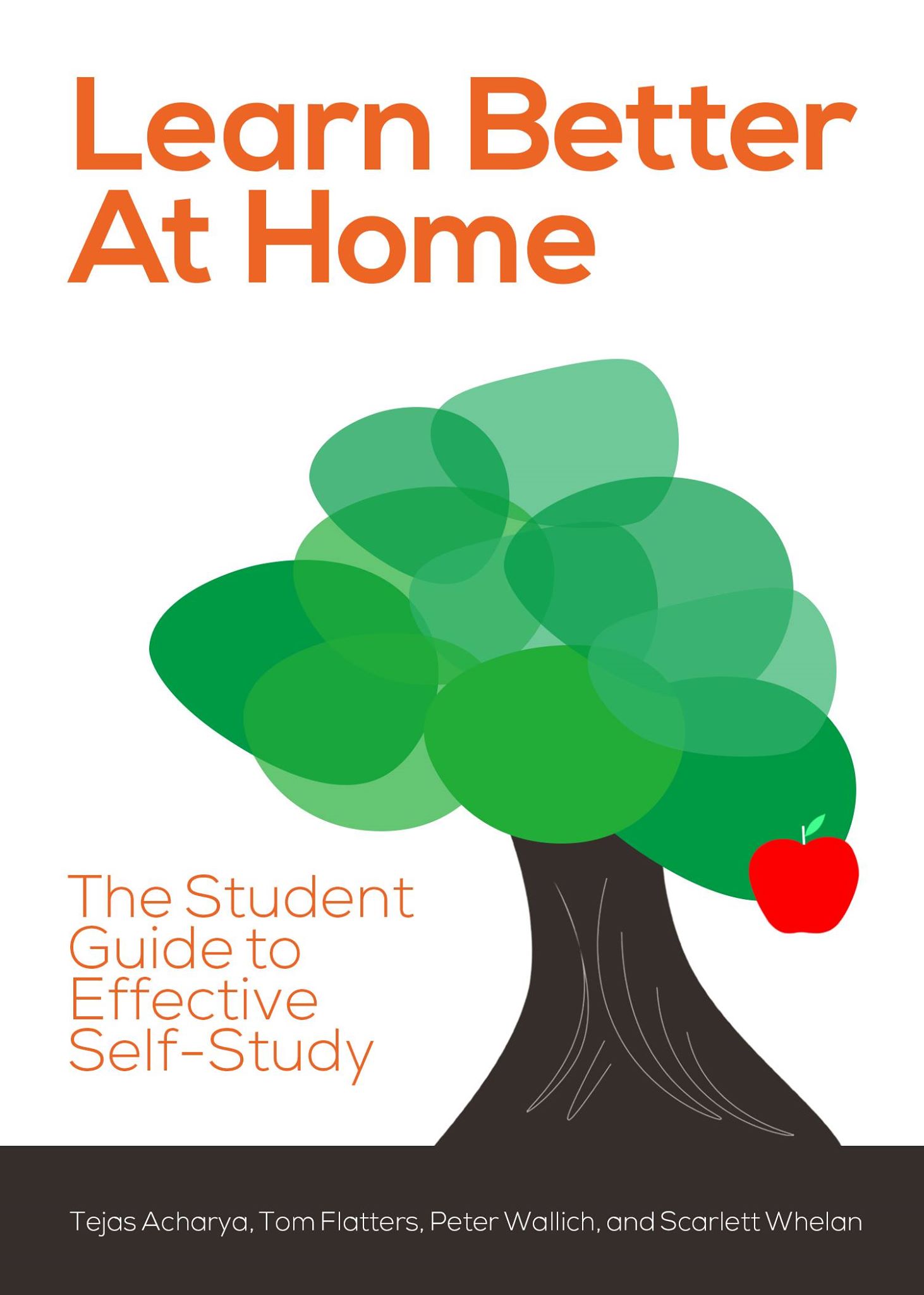It’s no secret that studying can be hard. But it’s made far harder when schools are closed during lockdown. Research in the UK is already laying bare this situation. For example, children in the UK have ‘spent an average of only 2.5 hours per day doing schoolwork’ (https://www.llakes.ac.uk/sites/default/files/LLAKES%20Working%20Paper%2067_0.pdf, p.2, accessed June 24), with large geographical and socio-economic disparities. An educational crisis is brewing – a crisis that could have a profound effect on the wellbeing of a whole generation.
In early April, I was talking to a friend about how we, as university students, could help. After some discussion, we still weren’t sure, so we ran some quick surveys online. We concluded that many secondary school students need to self-study more than ever before, yet often feel they lack the confidence and tools to do so effectively.
Effective self-study is not just about staring at a textbook. It is about, for example, having the motivation to sit down and open the book, the discipline to start reading, and the tools to learn effectively from it. As such, it is demanding and success is not trivial. Attempts at self-study can be frustrating or even demoralising, but they need not be. When carried out effectively, the process of studying and learning can be very satisfying.
We should know. My friends and I have experience of self-study, both at the university and secondary school levels. Tejas, for example, quit high school in India and taught himself everything for his last two years. Scarlett suffered from serious health issues, both mentally and physically, but still succeeded. She writes:
‘There have been many moments where I felt completely hopeless.
‘Learn Better At Home: the Student Guide to Effective Self-Study’ (p.42)
Despite this, I have managed to achieve many of my goals and successfully self-teach. Most importantly, I have learnt how to not blame myself when things go wrong and to accept that there might be days when it’s impossible to make progress.’
Despite its importance, we were unable to find a comprehensive, student-written guide to self-study as a whole. As a result, we set out to write one, as a group of four Oxford University undergraduates: Tejas Acharya, Tom Flatters, Scarlett Whelan, and me (Peter Wallich).

Over about six weeks, we planned, wrote, and edited our eBook: Learn Better At Home: the Student Guide to Effective Self-Study. It includes sections on ‘Motivation, Mindset, and Goals’; ‘Getting Down to Work’; and ‘Working Effectively’. Drawing on our personal experiences, alongside relevant scientific research, we share tips, techniques, and tools to help students self-study more effectively. At 173 pages, it’s designed to be dipped into, rather than consumed all in one read. ‘Designed for secondary school students and inspired by Coronavirus lockdown – but valuable for anyone, any time.’
Learn Better At Home is freely accessible at learnbetterathome.com. It is distributed as a ‘donate what you want’ fundraiser for high-impact charity initiatives helping some of the people most affected by the COVID-19 pandemic. We released Learn Better At Home online on June 5th, and have already raised over $600 and received some very positive feedback from students. I would like to thank Graphic Designer Li Ho Kan and Marketing Director Sophie Oestergaard for their hard work and contributions.
Here is an extract about dealing with the negative emotions you might sometimes feel when trying to study:
‘So maybe it’s worth adopting a new perspective: your frustration isn’t a fundamental part of you – it’s an emotion you might happen to feel right now.
Imagine you feel scared. In English, you might say: ‘I am scared.’ But in Spanish, you’d probably say, ‘Tengo miedo.’ (Literally, ‘I have fear.’). There’s more than one way to think about your emotions.
If you see emotions as transient, coming and going like waves on the sea, you’re more likely to be able to deal with them effectively than if you view them as a fixed part of your identity.
Instead of asking, ‘Why am I this way?’, reframe the question as, ‘Why do I have this feeling right now?’ Chances are, you’ll be less likely to blame yourself and fall into negative emotional spirals. As a result, you’re likely to be more productive.’
‘Learn Better At Home: the Student Guide to Effective Self-Study’ (p.22)
We hope that you find this eBook valuable. Please share it with anyone who you think might benefit from reading it. If you have any feedback, questions or ideas, we would love to hear from you!
Email – [email protected]
Facebook: https://www.facebook.com/learnbetterathome
Twitter: @LearnBetterBook
Instagram: @learnbetterathome
LinkedIn: https://www.linkedin.com/company/learn-better-at-home/


